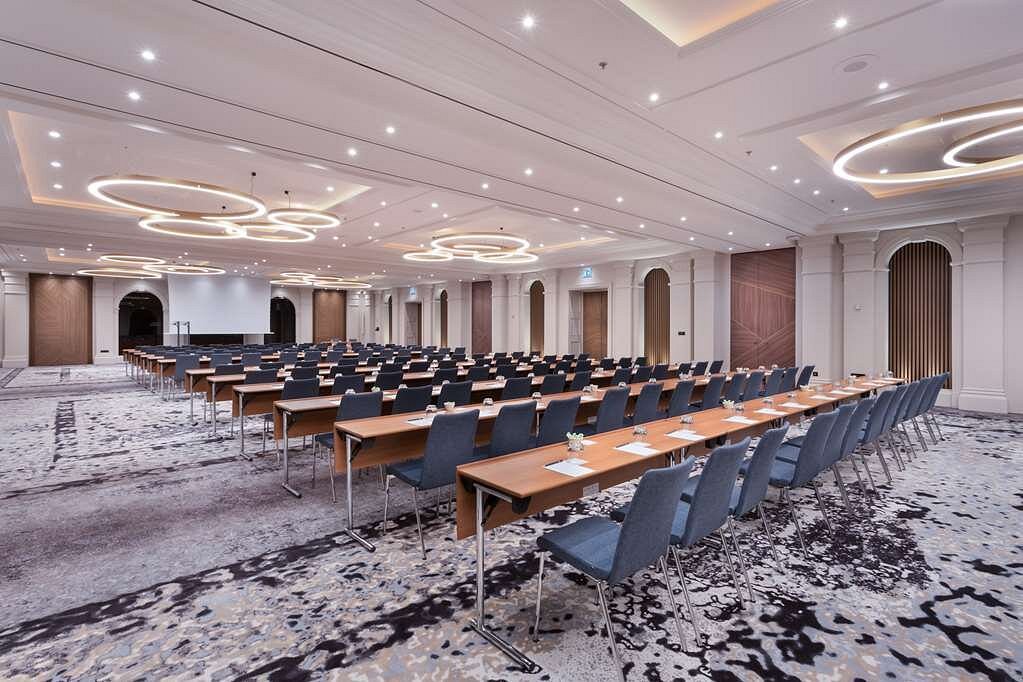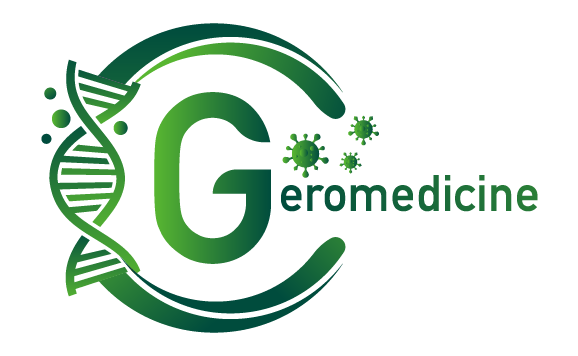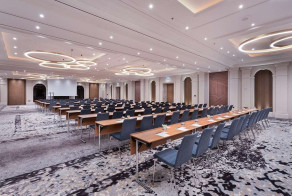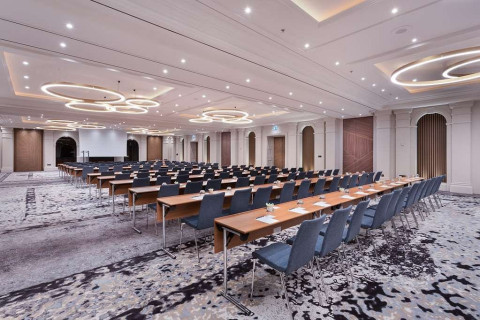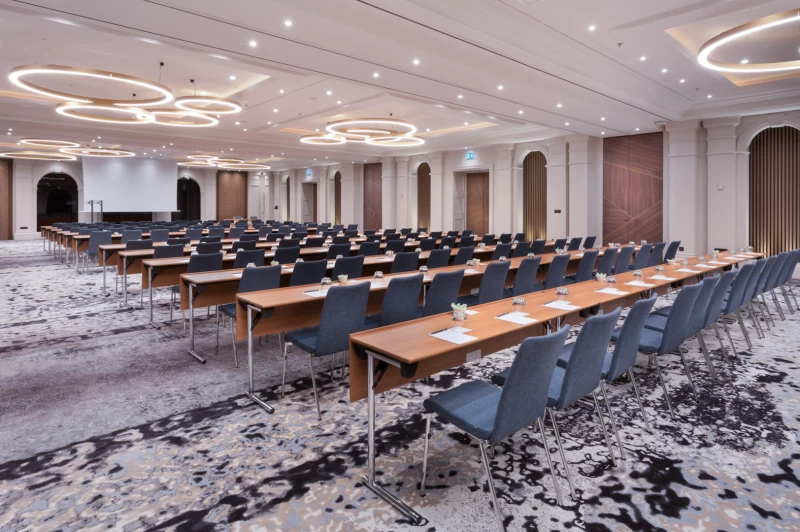- Home
- Past Conferences
- 5th Interventions in Aging Conference
5th Interventions in Aging Conference
#FusionAging25
04 Oct - 07 Oct 2025
St. Julian's, Malta
-
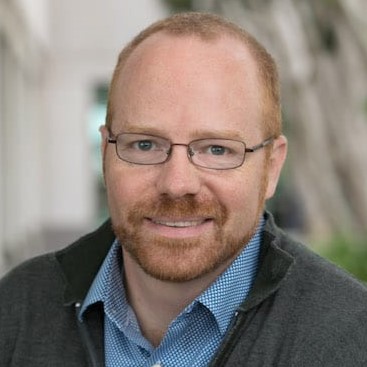
Heinrich Jasper
Genentech, Inc.
-
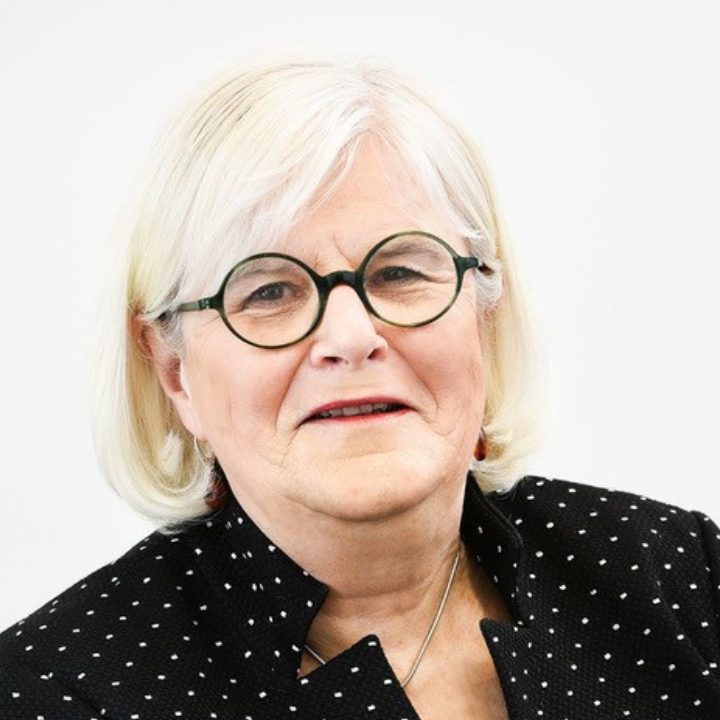
Linda Partridge
University College London
-
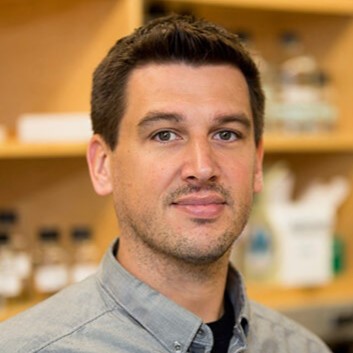
William Mair
Harvard University
Early Bird - Expired • Talk Submission - Expired • Poster Submission - Expired • Registration & Payment Deadline - Expired
Report
The 5th Interventions in Aging Conference was held at the stunning Hilton Malta Hotel in St Julians, Malta, where we celebrated the 10th anniversary of the meeting. Over those years all areas of research into aging have made substantial advances, in part through building on new technologies, but also through incisive experimental studies and quantitative research on the biology of human aging. Notable areas of advance include understanding of dysregulation of the immune system, cellular senescence, deterioration in the systemic environment and communication within and between cells. There have also been notable advances towards translating the fruits of research into interventions into human aging, with many experimental medicine studies and clinical trials in progress.
Highlights of the meeting included 7 amazing Keynotes from Anne Brunet, Helen Blau, Deep Dixit, Roz Anderson, Saul Villeda, Juan Carlos Izpisua Belmonte and Andy Dillin. These were interspersed with 30 talks from leaders in the field and a welcome group of junior trainees. We aim to increase representation of this last group in the next meeting.
Interesting themes and discoveries emerging from several scientific presentations included the observation that aging may progress in phases rather than as a continuing decline in function. It further became clear that exploring the interface of immunity, inflammation and metabolism is critical for our understanding of age-related functional decline, with the potential to accelerate our quest for therapeutic interventions. Several talks also presented new biomarkers of aging, including gerozymes and myokines that are predictive of age onset functional decline. These indicators may serve as early outcome markers as the field moves toward clinical interventions.
The quality of the discussions after each talk was notable and was amplified in the excellent poster sessions. Fusion meetings are notable for the quality of the interactions between participants and these are strongly supported by the inclusivity and enthusiasm of the Fusion team, and in particular Rosie the lead organiser. There was an optional group trip into Valetta, which was nicely guided and full of interest. The meeting concluded with a gala dinner and dancing.
We are grateful to Fusion for supporting this research area and helping to establish this series as a fixture in the conference landscape. We greatly look forward to the next meeting in 2027.
Linda Partridge (UCL)
Henri Jasper (Genentech)
William Mair (Harvard)
Synopsis
Molecular and cellular mechanisms of aging are the main contributors to age-related decline, frailty, diseases and multimorbidity. The contributions of these aging mechanisms vary between different types of organisms, cell types and tissues, but they are conserved over large evolutionary distances and genetic, lifestyle and pharmacological interventions can ameliorate their effects. These findings have led to the geroscience approach, which aims to develop broad-spectrum preventative defences against age-related impairments, by targeting their main risk factor, aging. Important current challenges in the field are (1) to assess the roles of somatic mutation and impaired genes expression, (2) to understand the origins of the highly damaging age-related increase in inflammation, (3) to specify the multiple interactions between organs that combine to produce age-related impairments, (4) to better understand interactions within cells that lead to decline in their function, (5) to evaluate the promise and challenges of regenerative interventions and cellular reprogramming.
This fifth meeting will explore these topics, with particular emphasis on new knowledge and its potential for translation into benefits to human health during aging.
Confirmed Plenary Speakers
Rozalyn Anderson (University of Wisconsin-Madison)
AGING METABOLIC SIGNATURES
Helen Blau (Stanford University)
ENHANCING MUSCLE STRENGTH IN AGING BY TARGETING THE GEROZYME 15-PGDH
Anne Brunet (Stanford University)
QUANTIFYING THE DYNAMICS OF AGING
Vishwa Deep Dixit (Yale School of Medicine)
ENANTIOSTATIC CHECKPOINTS OF INFLAMMAGING
Andrew Dillin (University of California, Berkeley)
THE ANTAGONISTIC EFFECTS OF AUTOPHAGY ON QUIESCENT CELLS
Juan Carlos Izpisua Belmonte (Altos Labs)
RESTORING CELL HEALTH AND REVERSING DISEASE BY CELLULAR REJUVENATION
Saul Villeda (University of California, San Francisco)
SYSTEMIC MECHANISMS OF BRAIN AGING AND REJUVENATION
Confirmed Invited Speakers
Andrea Ablasser (EPFL)
Darren Baker (Mayo Clinic)
THE AGE-OLD ENEMY WITHIN: TARGETING SENESCENCE TO IMPROVE HEALTH
Constanza Cortes (University of Southern California)
EXERCISE-MEDIATED TRANSCRIPTIONAL REMODELING OF THE ALZHEIMER'S DISEASE HIPPOCAMPUS
Costas Demetriades (Max Planck Institute for Biology of Ageing)
CELL BIOLOGICAL PRINCIPLES OF NUTRIENT SIGNALING TO mTORC1
Oliver Hahn (Calico Labs)
DECODING HOTSPOTS OF BRAIN AGING
Adam Hughes (University of Utah)
UNTANGLING THE ROLE OF AMINO ACID TOXICITY IN AGE-RELATED ORGANELLE DECLINE
Leanne Jones (University of California, San Francisco)
MECHANISMS DRIVING AGING AND REJUVENATION OF THE INTESTINE
Jason Karpac (Texas A&M University)
EXPLOITING DROSOPHILA TO EXPLORE INTER-ORGAN COORDINATION OF IMMUNO-METABOLIC RESPONSES
Heidi McBride (McGill University)
MITOCHONDRIAL REGULATION OF ADAPTIVE IMMUNITY IN AGE-RELATED DISEASE
Martin Picard (Columbia University)
THE ENERGETIC COST OF STRESS RESPONSES AND BODY-TO-BRAIN SIGNALING IN AGING
Luca Scorrano (University of Padua)
Amy Wagers (Harvard University)
REVERSING AGING-ASSOCIATED DYSFUNCTION BY MANIPULATING BLOOD-BORNE FACTORS
David Walker (University of California, Los Angeles)
INTESTINAL BARRIER DYSFUNCTION DRIVES BRAIN AGING
Ashley Webb (Buck Institute for Research on Aging)
TRANSCRIPTIONAL AND EPIGENETIC MECHANISMS OF BRAIN AGING AND NEURODEGENERATION
Matthew Yousefzadeh (Columbia University)
THE IMPACT OF IMMUNE SENESCENCE ON THE INTERORGAN COMMUNICATION OF AGING
Key Sessions
• Somatic mutation
• Origins of age-related inflammation
• Metabolism and physiology
• Inter-organ communication
• Inter-organelle communication
• Cellular reprogramming
Target Audience
Scientists at all career stages and working in contexts across academia and industry who are doing or may in the future do work to understand the aging process and ways in which its effects on health at later ages can be ameliorated.
Educational Need
The meeting will present and discuss cutting edge work on several mechanisms of aging and the promise and challenges of translating them into interventions to improve human health during aging.
Confirmed Speakers
Chairs

Heinrich Jasper
Genentech, Inc.

Linda Partridge
University College London

William Mair
Harvard University
Plenary Speakers
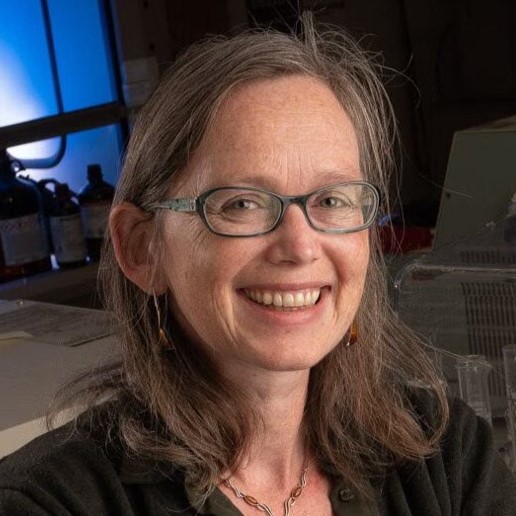
Roz Anderson
University of Wisconsin-Madison
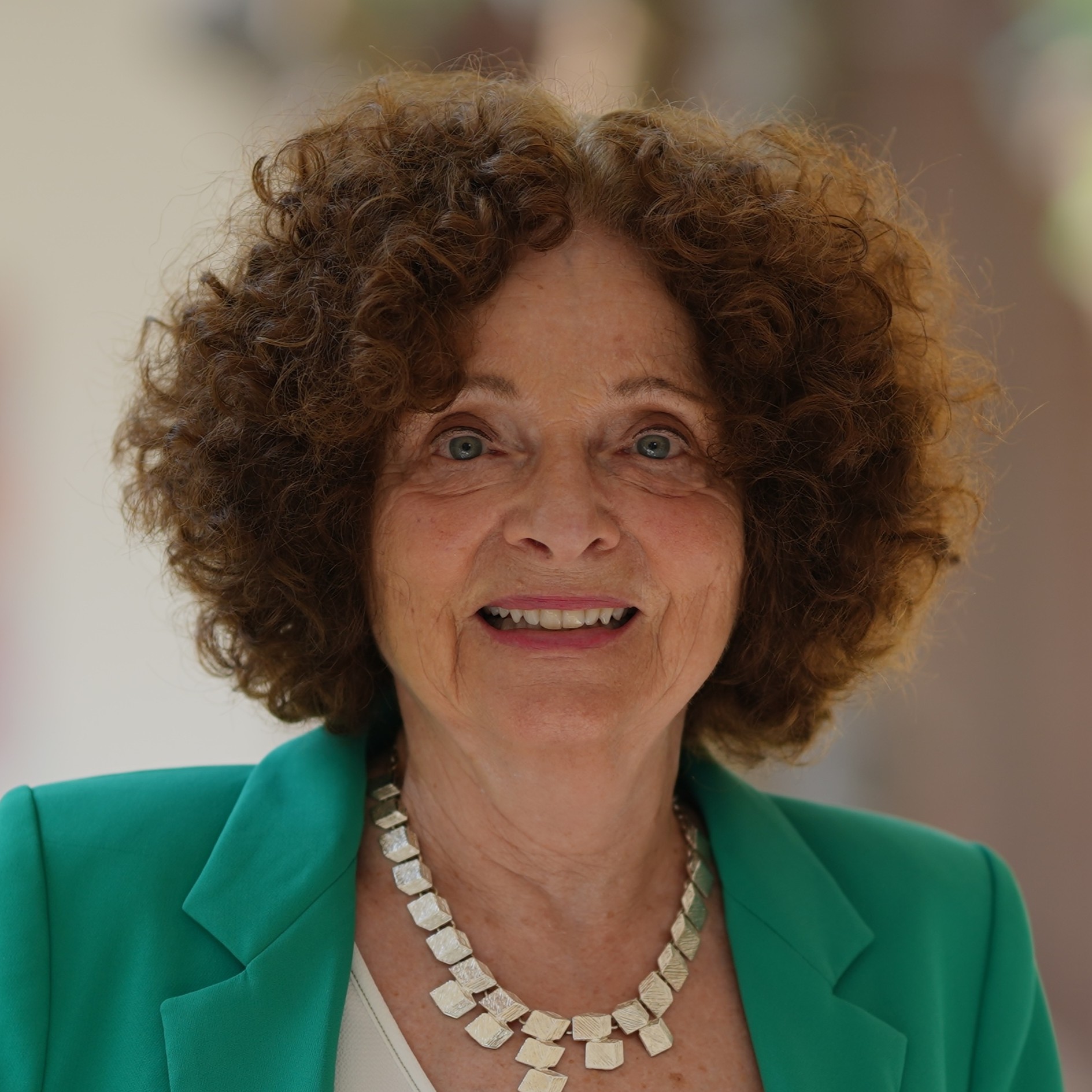
Helen Blau
Stanford University
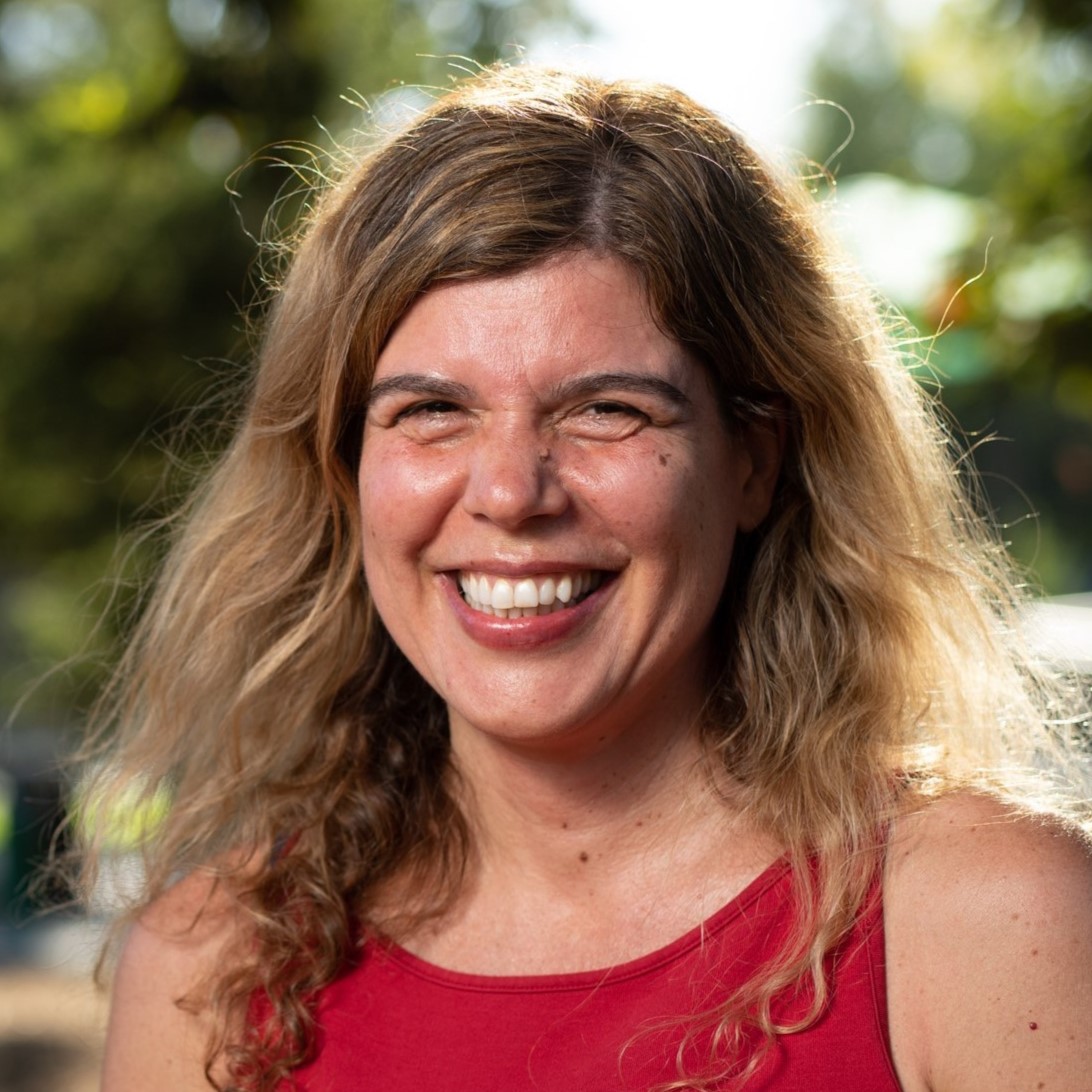
Anne Brunet
Stanford University
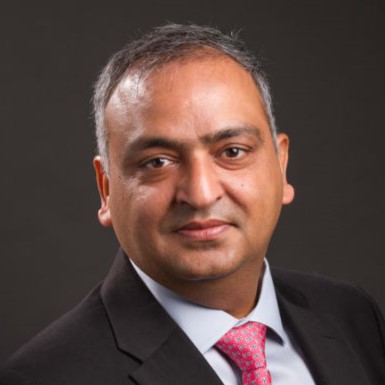
Vishwa Deep Dixit
Yale School of Medicine
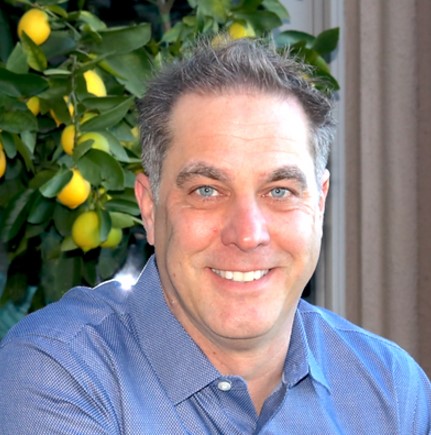
Andrew Dillin
University of California, Berkeley
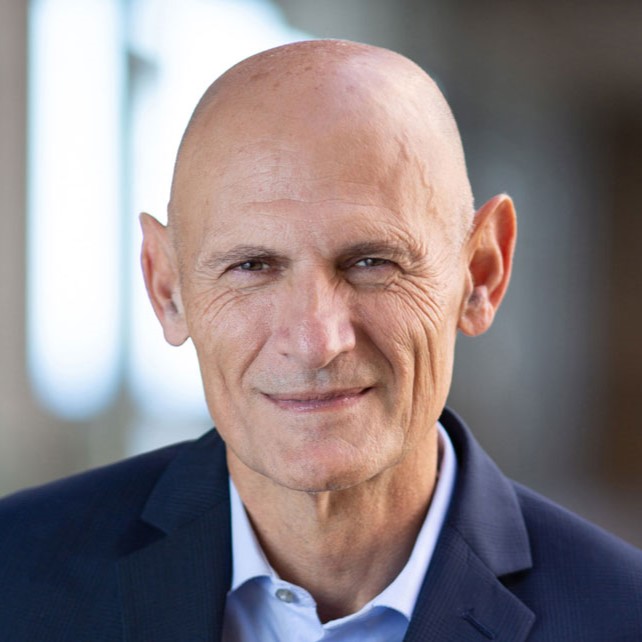
Juan Carlos Izpisua Belmonte
Altos Labs
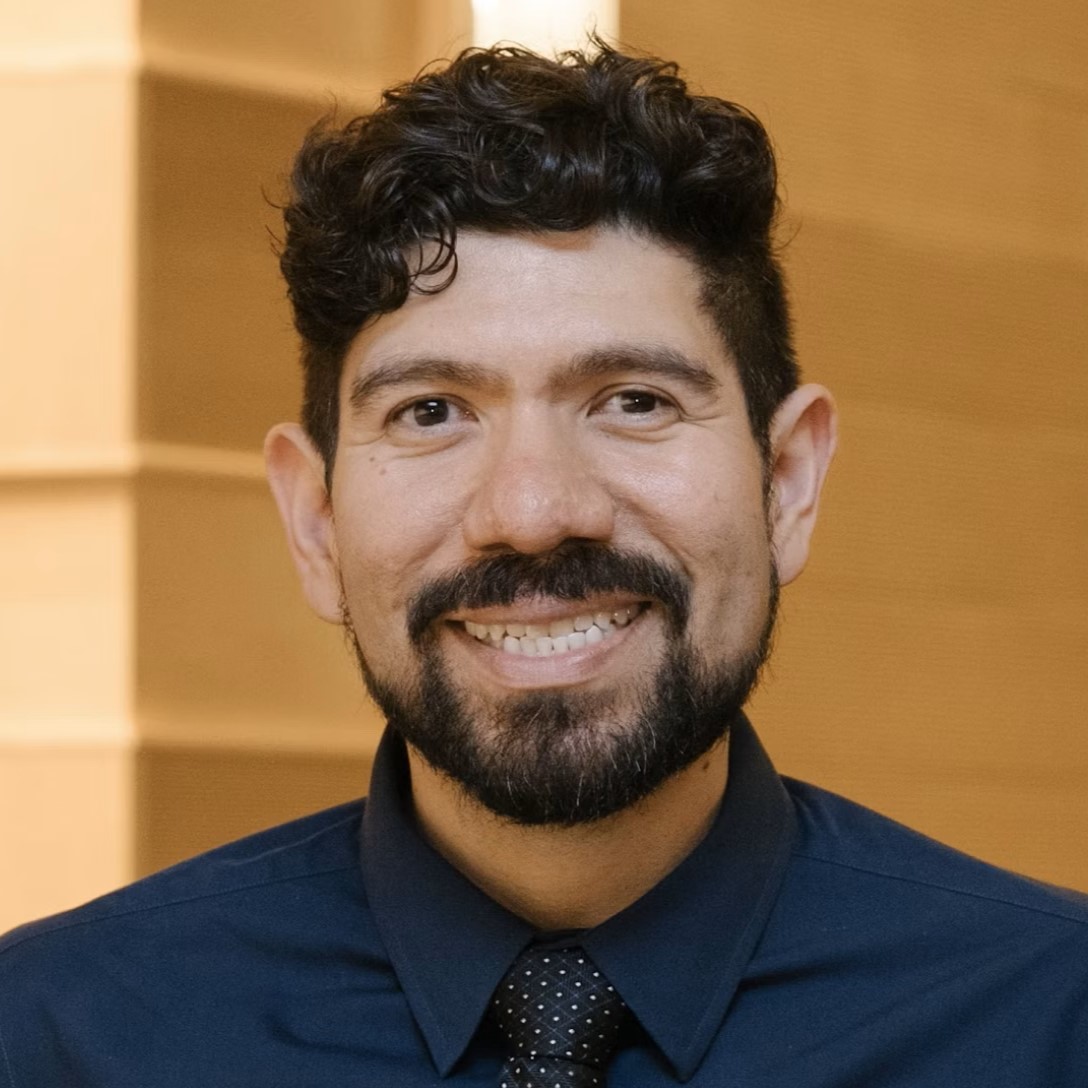
Saul Villeda
University of California, San Francisco
Invited Speakers
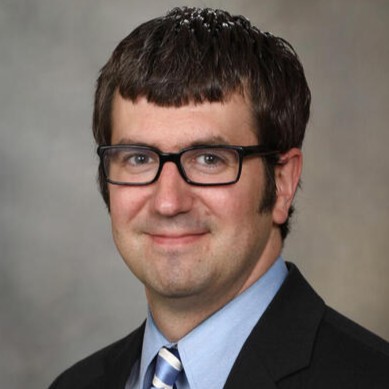
Darren Baker
Mayo Clinic
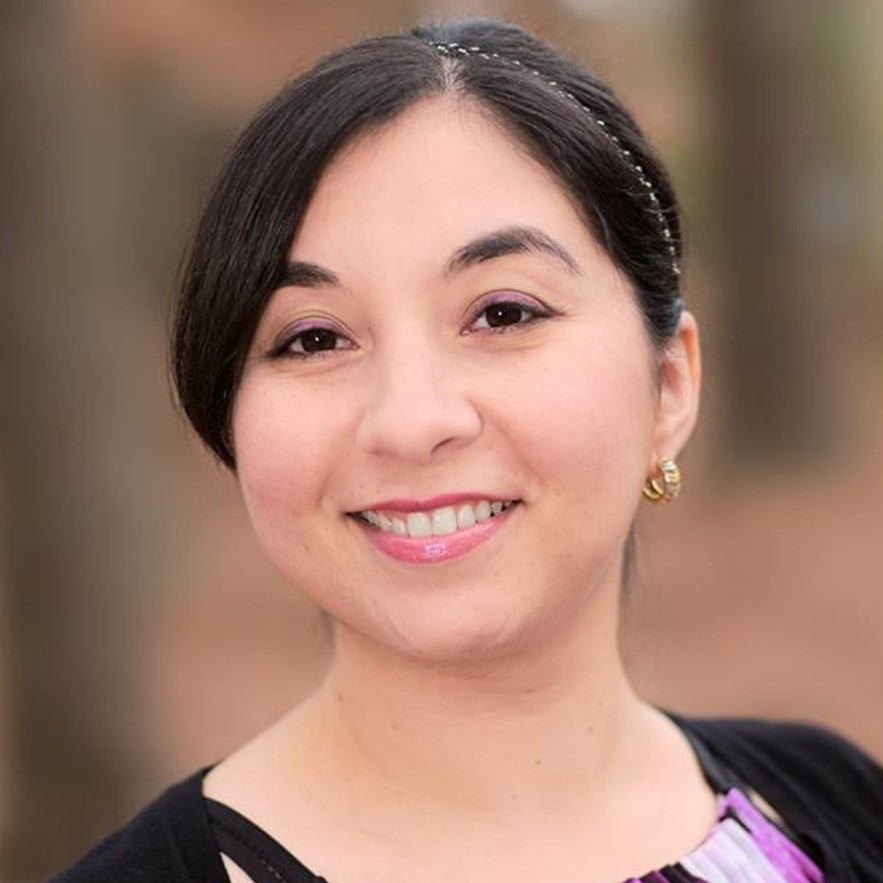
Constanza Cortes
University of Southern California
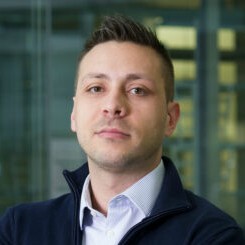
Costas Demetriades
Max Planck Institute for Biology of Ageing
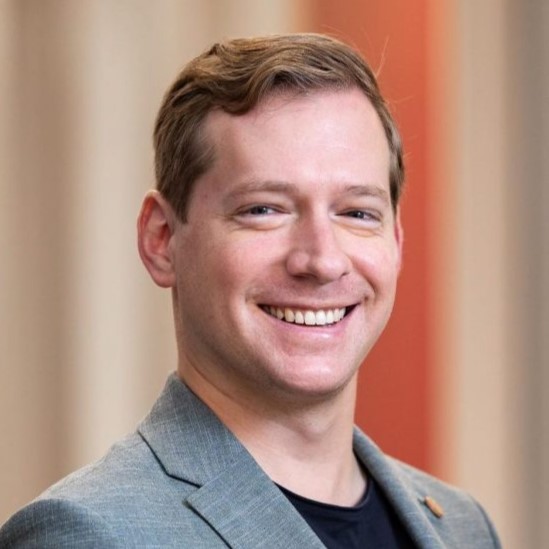
Oliver Hahn
Calico Labs
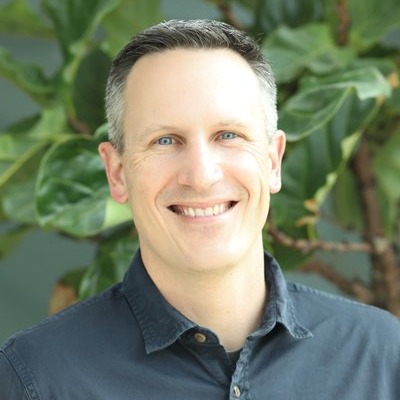
Adam Hughes
University of Utah
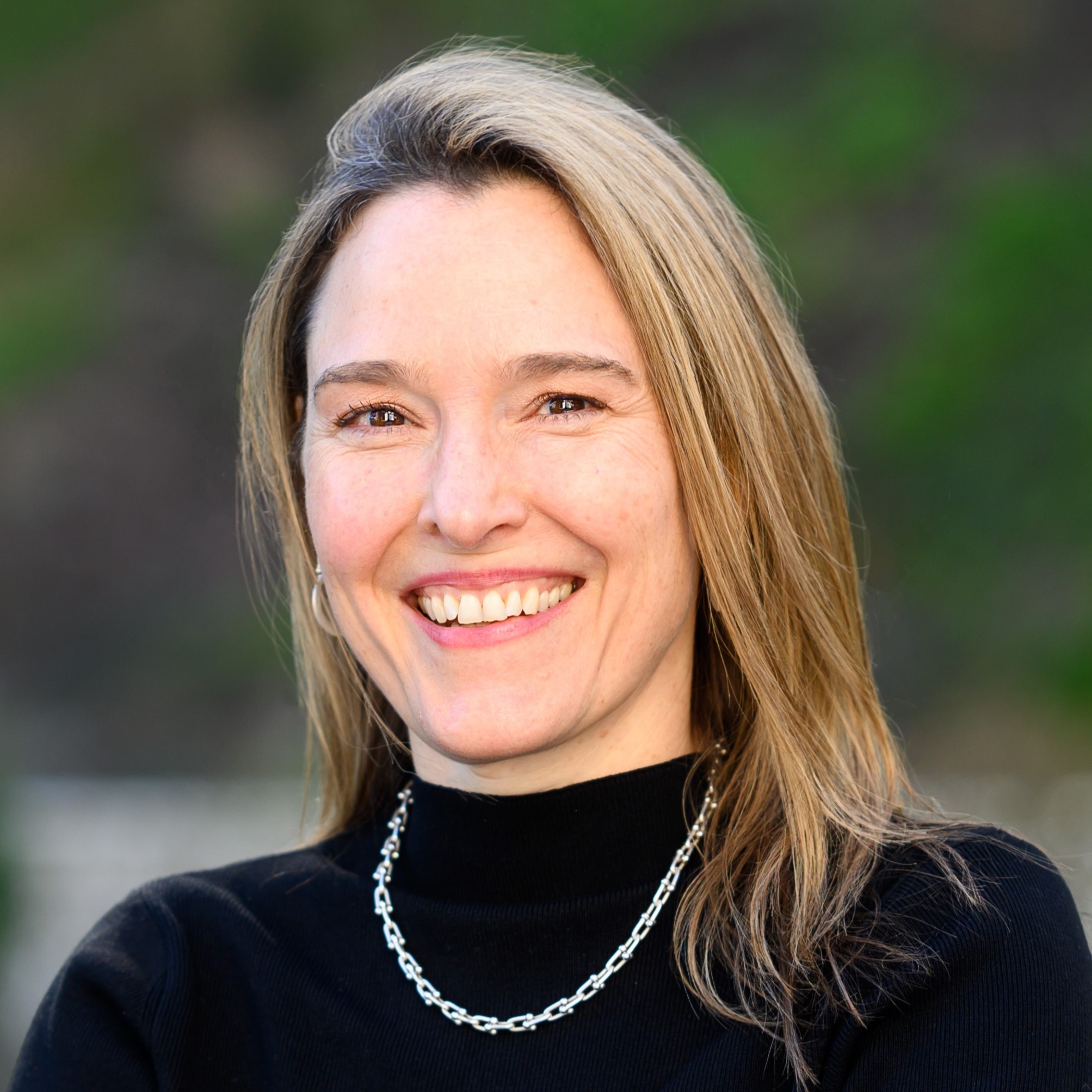
Leanne Jones
University of California, San Francisco
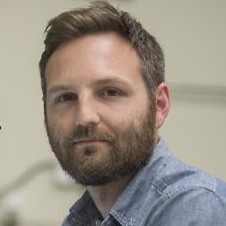
Jason Karpac
Texas A&M University
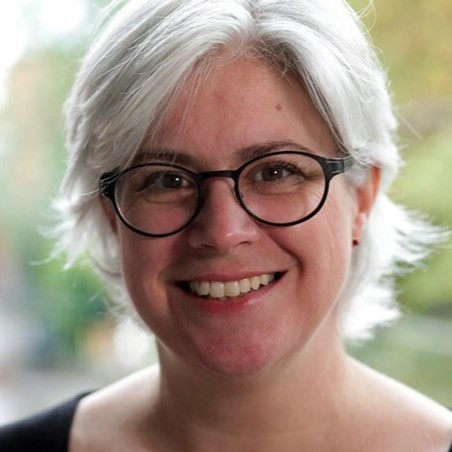
Heidi McBride
McGill University
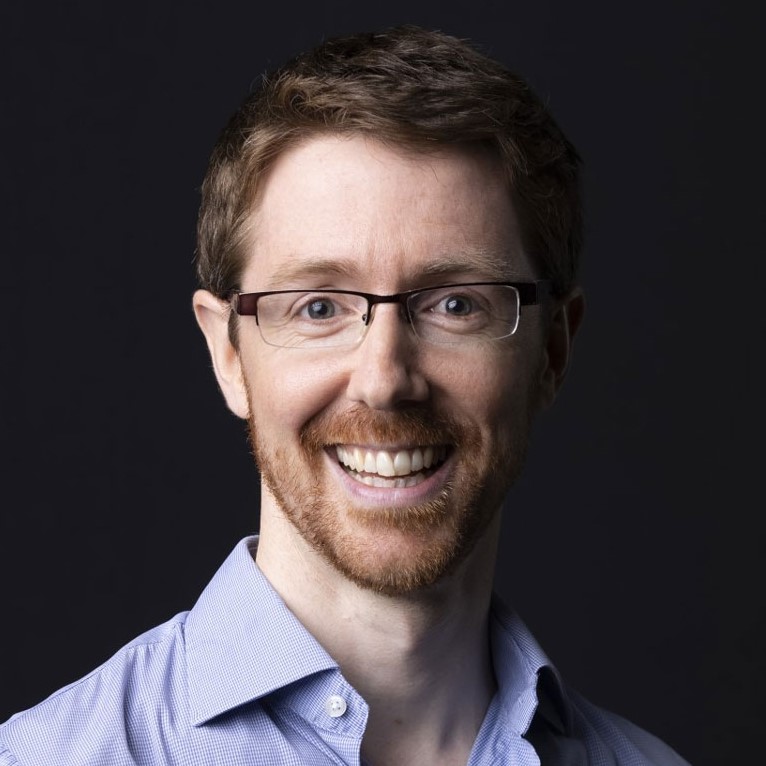
Martin Picard
Columbia University
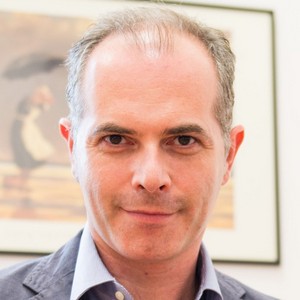
Luca Scorrano
University of Padua
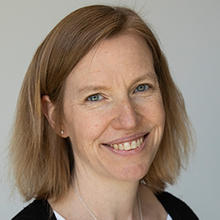
Amy Wagers
Harvard University
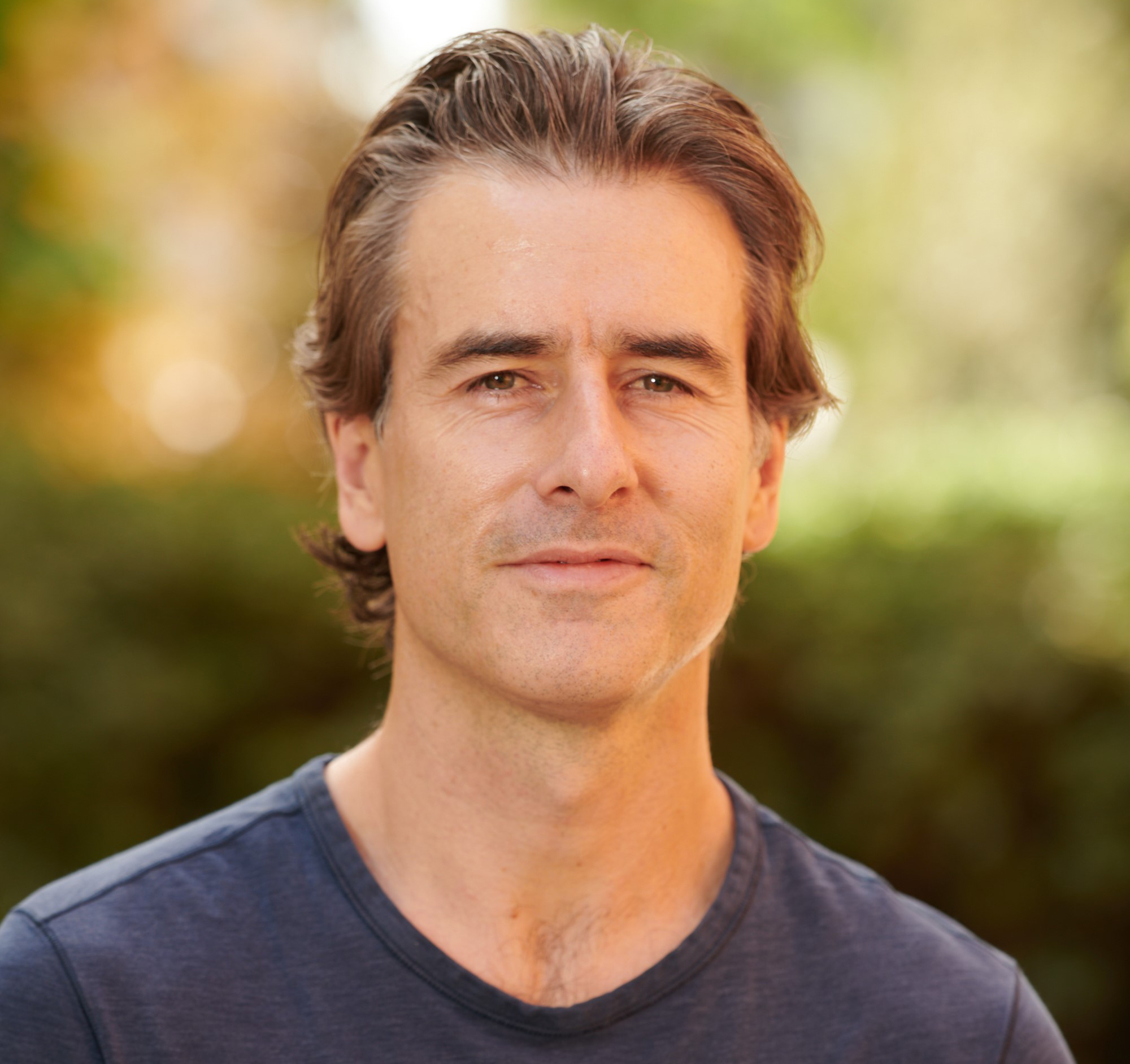
David Walker
University of California, Los Angeles
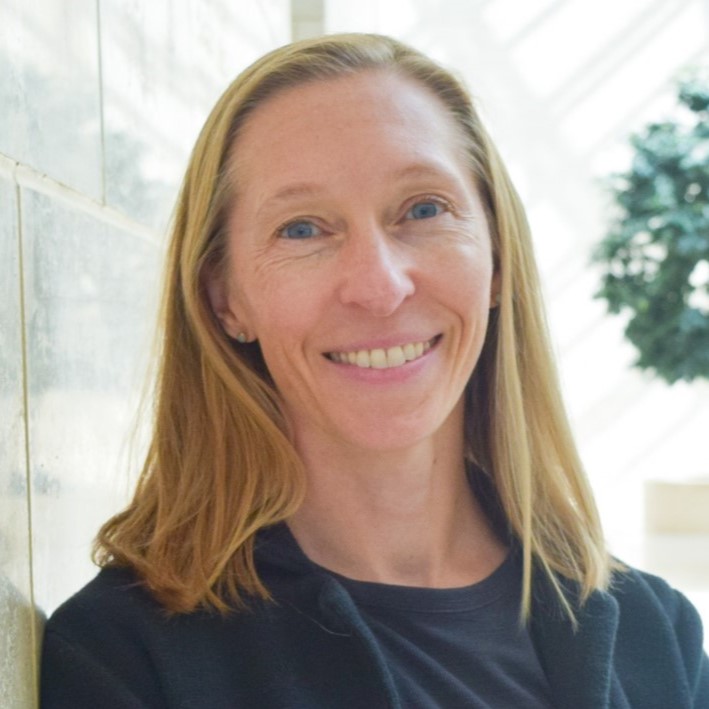
Ashley Webb
Buck Institute for Research on Aging
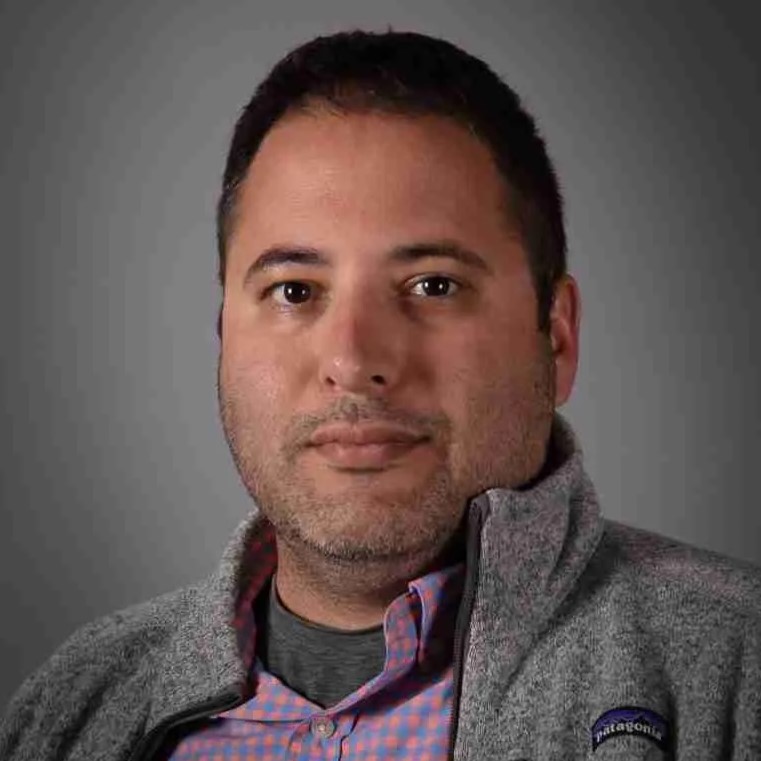
Matthew Yousefzadeh
Columbia University
Programme
Supported by
Venue & Location
Hilton Malta
We are excited to be heading back to St. Julian’s as our Mediterranean destination for October 2025!
Located only 15 minutes from the ancient capital city of Valletta, a UNESCO World Heritage Site, Hilton Malta is an oceanfront resort overlooking the stunning Portomaso Marina in St. Julian’s. With modern amenities, scenic views, and a tranquil atmosphere, it offers the perfect balance between professional functionality and easy access to local culture and history.
This is not an all-inclusive property, but our registration packages include a full food and beverage package during the conference period. Breakfast remains at leisure, however, the more intimate hotel setting allows us to host group lunches and dinners, providing an ideal environment for focused discussions, so attendees can continue to network and brainstorm outside of planned sessions.
For those who wish to stay extra nights either side of the conference, rates will be bed and breakfast only, so attendees have the freedom to explore local dining experiences and authentic cuisine.
Hotel facilities include;
• Complimentary Wi-Fi in guest rooms and throughout hotel and conference areas
• 4 Seasonal Outdoor Pools
• Spa with Indoor Swimming Pool
• Fitness Center and Tennis Court
• 3 Restaurants
• 2 Bars
General Information
Venue Rating
★ ★ ★ ★ ★
Currency
Euro (EUR)
Address
Vjal Portomaso St Julian's PTM, 01, Malta
Nearest Airport
Malta International Airport
Location
The Hilton Malta overlooks the stunning Portomaso Marina in St. Julian’s. This beautiful hotel is located only 15 minutes from the ancient capital city of Valletta, a UNESCO World Heritage Site.
Gallery
Conference History
If you are interested in this meeting but not yet ready to register, you can sign up for updates here and our team will keep you updated regarding deadline reminders and grant opportunities relating to this meeting only.
If you're interested in sponsoring this conference please contact us.
Conference Manager
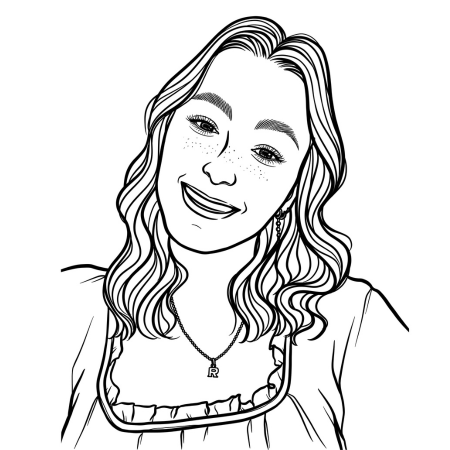
Rosie Johnson
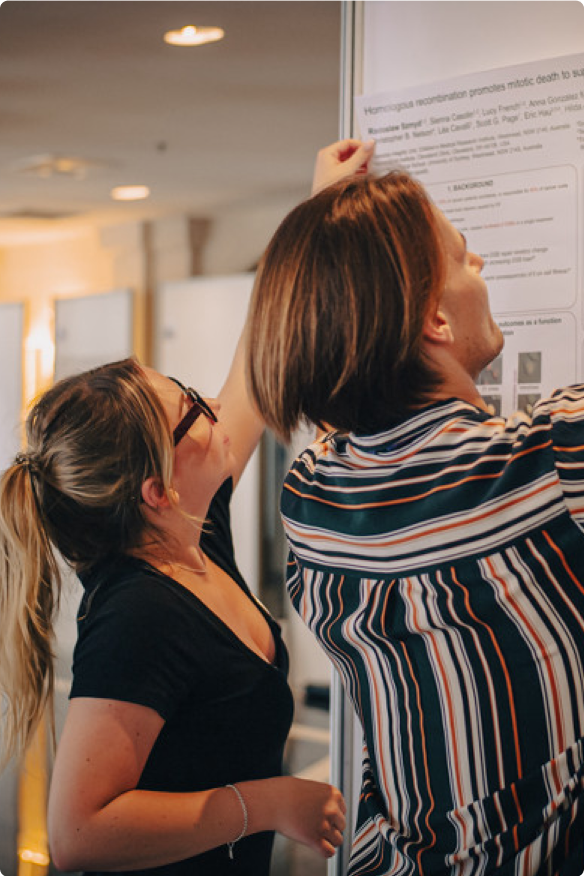
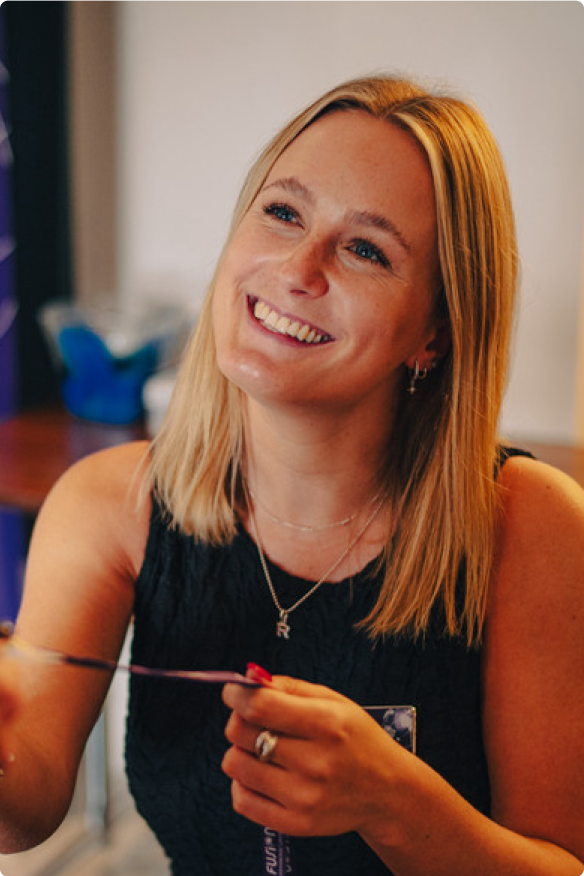
Need some help? Chat to the Fusion team today
As a family run business, our dedication runs deep. We’re committed to each other and, even more so, to every attendee’s experience, delivering a level of care and passion that’s truly unmatched.




